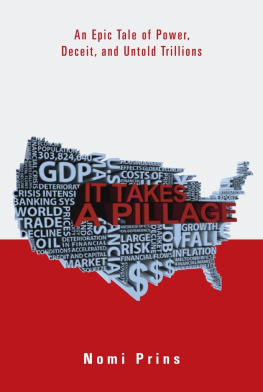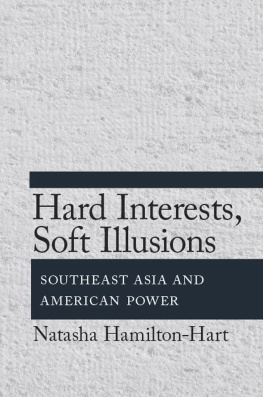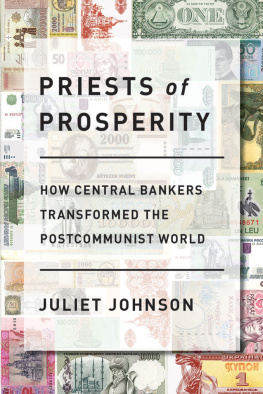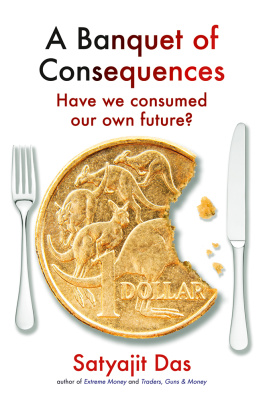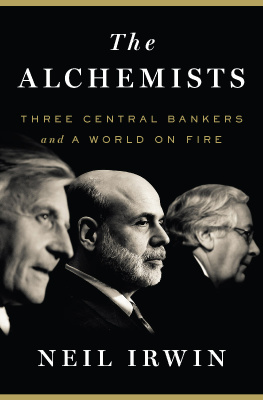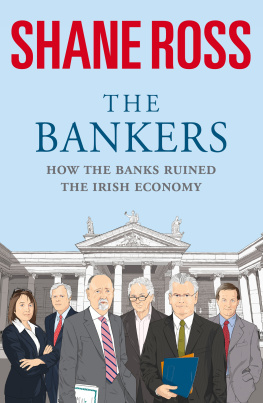Nomi Prins - Collusion: How Central Bankers Rigged the World
Here you can read online Nomi Prins - Collusion: How Central Bankers Rigged the World full text of the book (entire story) in english for free. Download pdf and epub, get meaning, cover and reviews about this ebook. year: 2018, publisher: Nation Books, Hachette, genre: Science. Description of the work, (preface) as well as reviews are available. Best literature library LitArk.com created for fans of good reading and offers a wide selection of genres:
Romance novel
Science fiction
Adventure
Detective
Science
History
Home and family
Prose
Art
Politics
Computer
Non-fiction
Religion
Business
Children
Humor
Choose a favorite category and find really read worthwhile books. Enjoy immersion in the world of imagination, feel the emotions of the characters or learn something new for yourself, make an fascinating discovery.

- Book:Collusion: How Central Bankers Rigged the World
- Author:
- Publisher:Nation Books, Hachette
- Genre:
- Year:2018
- Rating:4 / 5
- Favourites:Add to favourites
- Your mark:
- 80
- 1
- 2
- 3
- 4
- 5
Collusion: How Central Bankers Rigged the World: summary, description and annotation
We offer to read an annotation, description, summary or preface (depends on what the author of the book "Collusion: How Central Bankers Rigged the World" wrote himself). If you haven't found the necessary information about the book — write in the comments, we will try to find it.
Nomi Prins: author's other books
Who wrote Collusion: How Central Bankers Rigged the World? Find out the surname, the name of the author of the book and a list of all author's works by series.
Collusion: How Central Bankers Rigged the World — read online for free the complete book (whole text) full work
Below is the text of the book, divided by pages. System saving the place of the last page read, allows you to conveniently read the book "Collusion: How Central Bankers Rigged the World" online for free, without having to search again every time where you left off. Put a bookmark, and you can go to the page where you finished reading at any time.
Font size:
Interval:
Bookmark:
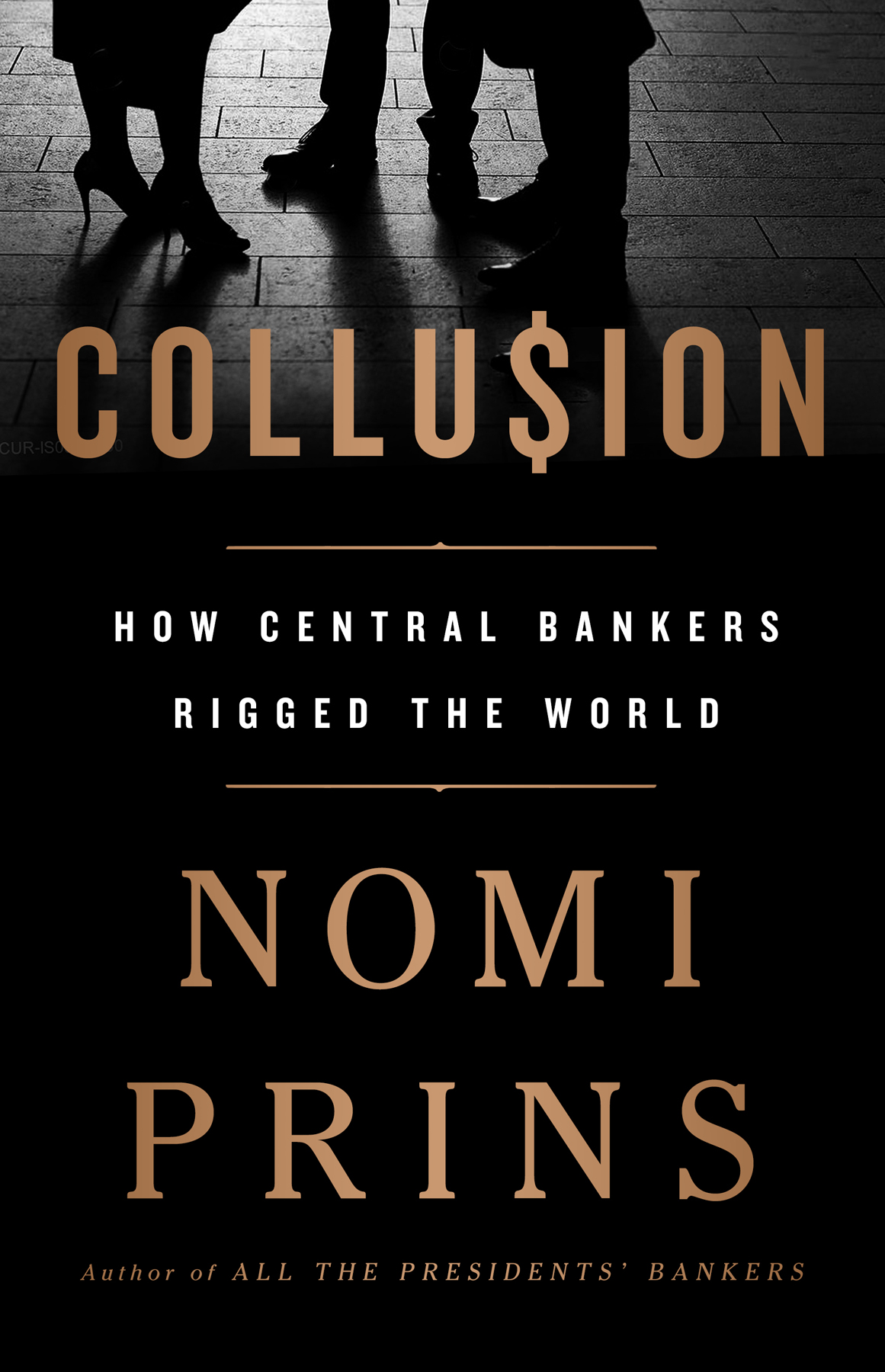
Copyright 2018 by Nomi Prins.
Hachette Book Group supports the right to free expression and the value of copyright. The purpose of copyright is to encourage writers and artists to produce the creative works that enrich our culture.
The scanning, uploading, and distribution of this book without permission is a theft of the authors intellectual property. If you would like permission to use material from the book (other than for review purposes), please contact permissions@hbgusa.com. Thank you for your support of the authors rights.
Nation Books
116 East 16th Street, 8th Floor
New York, NY 10003
www.nationbooks.org
@NationBooks
First Edition: May 2018
Published by Nation Books, an imprint of Perseus Books, LLC, a subsidiary of Hachette Book Group, Inc.
Nation Books is a co-publishing venture of the Nation Institute and Perseus Books.
The Hachette Speakers Bureau provides a wide range of authors for speaking events. To find out more, go to www.hachettespeakersbureau.com or call (866) 376-6591.
The publisher is not responsible for websites (or their content) that are not owned by the publisher.
Companion song: You and Me by Danny McGaw
A catalog record for this book is available from the Library of Congress.
ISBNs: 978-1-56858-562-8 (hardcover); 978-1-56858-563-5 (e-book)
E3-20180312-JV-NF
Nomi Prins is that rare combination of real-world expertise, scholarly method, and a brilliant writing style. Here, she goes beyond the tired complaints about central bank money printing to show that manipulation of markets by the central bankers is far more complex and pervasive than labels like easy money can convey. Collusion is brilliant and timely. Its a must-read for savers, students, journalists, and public officials.
James Rickards, bestselling author of Currency Wars and The Death of Money
Nomi Prins spent years embedded behind enemy lines with the corporate criminals who caused the economic crisis of 2008 and whose executives continue to reap record profits while gambling with the futures of millions of families. She could have joined in the grand theft and lived the highlife. Instead, she switched sides and has emerged as one of the fiercest critics of crony capitalism and its sustained attacks against poor and working people. This is the book that the financial elites dont want you to read.
Jeremy Scahill, Academy Award nominee, bestselling author of Blackwater, and cofounder of The Intercept
The US doesnt have a financial press. It has something betterNomi Prins. Prins shows that the financial corruption of today exceeds that of the Roaring 1920s, because today the Federal Reserve and US Treasury are leading participants in the corruption. Read this book to understand the central bank conspiracy against the world economy.
Paul Craig Roberts, former Wall Street Journal editor and assistant secretary of the US Treasury
Central Banks, led by the Federal Reserve, are the opioids for private banks addicted to being reckless with other peoples money. Prins, drawing from her previous work in Wall Street firms and her present field research around the world, says, We are headed for another epic fall. Taxpayers, workers, and consumers who will suffer from another bailout all better read this clear, concise, compelling book.
Ralph Nader, consumer advocate and author of Breaking Through Power: Its Easier Than We Think
Scarier than Stephen King horror fiction. Prins, a refugee from Goldman Sachs, tells the truth on her fellow banksters and their abuse of the scary uber-power they wield when they take control of money-printing machinery of the worlds central banks. Astonishingly, she got deep inside these secretive power chambersand came out alive with truly fascinating tales of the blood diamonds of global finance. I particularly enjoyed, if you can use that word, her exposure of the cruelty and cupidity of the banking potentates who suffocated Greece to please the gods of Markets and Mammon.
Greg Palast, author of The Best Democracy Money Can Buy
[An] unflinching, troubling expos well worth a close read by anyone looking to understand the roots of the last crash and prepare for the next.
Publishers Weekly
A somber, important warning thats likely to cause readers to wonder about the safety of their assets, if not fear for the near-term future.
Kirkus Reviews
All the Presidents Bankers
It Takes a Pillage
Black Tuesday
Jacked
Other Peoples Money
Dedicated to the citizens of the world
Shinzo Abe: Japans prime minister since December 2012. He had occupied the post in 20062007 but resigned because of health issues. After that, Japan was governed by five prime ministers, none of whom stayed in charge for more than sixteen months. Abes second term as prime minister was marked by his decision to make economic policy a priority. His economic strategy consisted of three points: monetary expansion, flexible fiscal policy, and structural reform aimed at long-term investments, and is referred to as Abenomics.
Tar As: Japans deputy prime minister and finance minister from December 2012 to present. He served as Japans prime minister from September 2008 to September 2009.
Ben S. Bernanke (Helicopter Ben): Succeeded Alan Greenspan as the chairman of the board of governors at the Federal Reserve System for two terms from 2006 to February 2014. He was responsible for leading the monetary policy actions in response to the international financial crisis.
Mark Joseph Carney: Governor of the Bank of England from July 2013 to present. He was governor of the Bank of Canada from February 2008 through June 2013. Earlier in his career, he worked for Goldman Sachs for thirteen years in London, New York, Toronto, and Tokyo.
Agustn Carstens: Governor of Banco de Mxico from 2010 to October 2017. He served as Mexicos finance minister from December 2006 until December 2009. He was deputy managing director of the International Monetary Fund from 2003 to 2006. He was runner-up for IMF president to Christine Lagarde. He assumed the role of Bank for International Settlements general manager from October 2017 to present.
Vtor Constncio: Vice president of the ECB from 2010 to present. He was governor of the Bank of Portugal from 1985 to 1986 and from 2000 to 2010.
Mario Draghi (Super Mario): President of the European Central Bank from November 2011, when he succeeded Jean-Claude Trichet. Draghi was governor of the Bank of Italy from December 2005 to 2011 and vice chairman and managing director at Goldman Sachs International from 2002 to 2005. Draghis ECB presidency has been marked by zero and negative interest rates and major quantitative easing measures. His policies have come under scrutiny in Europe, because Europe has not demonstrated any significant signs of real recovery.
Toshihiko Fukui: Governor of the Bank of Japan from 2003 to 2008, incorporating forty years of service there.
Timothy F. Geithner: US Treasury secretary from January 2009 to January 2013. He was president of the Federal Reserve Bank of New York from 2003 to 2009.
Ilan Goldfajn: Current chairman of the Central Bank of Brazil in the provisional government of Michel Temer. He worked at the IMF from 1996 to 1999 and was director of the Central Bank of Brazil between 2000 and 2003. He was chief economist at Banco Ita Unibanco, the largest private bank in Brazil.
Font size:
Interval:
Bookmark:
Similar books «Collusion: How Central Bankers Rigged the World»
Look at similar books to Collusion: How Central Bankers Rigged the World. We have selected literature similar in name and meaning in the hope of providing readers with more options to find new, interesting, not yet read works.
Discussion, reviews of the book Collusion: How Central Bankers Rigged the World and just readers' own opinions. Leave your comments, write what you think about the work, its meaning or the main characters. Specify what exactly you liked and what you didn't like, and why you think so.

